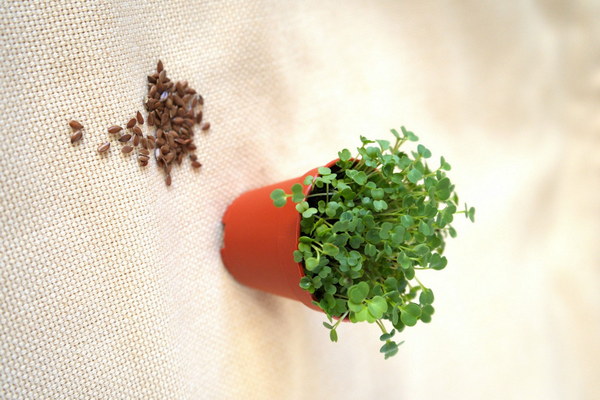How to Protect and Nourish Your Childs Liver A Comprehensive Guide
Introduction:
The liver plays a crucial role in maintaining a child's overall health. As a vital organ responsible for detoxifying the body, processing nutrients, and producing bile, it is essential to take care of the liver from an early age. This article provides a comprehensive guide on how to protect and nourish your child's liver, ensuring their well-being and long-term health.
1. Balanced Diet:
A well-balanced diet is essential for maintaining a healthy liver. Here are some tips to include in your child's diet:
a. Fresh fruits and vegetables: These are rich in vitamins, minerals, and antioxidants that help protect the liver from damage.
b. Lean proteins: Fish, poultry, and legumes are excellent sources of protein and aid in the liver's repair and regeneration.
c. Healthy fats: Avocado, nuts, and olive oil contain healthy fats that support liver function.
d. Whole grains: Brown rice, whole wheat, and oatmeal are rich in fiber and help lower cholesterol levels, reducing the risk of fatty liver disease.
2. Hydration:
Proper hydration is vital for the liver's function. Encourage your child to drink plenty of water throughout the day, as it helps flush out toxins and keeps the liver healthy.
3. Limit Sugar and Processed Foods:
Excessive sugar and processed foods can lead to obesity and metabolic syndrome, increasing the risk of fatty liver disease. Limit these foods and opt for healthier alternatives.
4. Avoid Harmful Substances:
Exposure to harmful substances can damage the liver. Ensure your child stays away from:
a. Alcohol: Even small amounts of alcohol can harm a child's developing liver.
b. Medications: Some medications, such as acetaminophen, can be toxic to the liver if taken in excess. Always follow the recommended dosage.
c. Environmental toxins: Teach your child about the importance of avoiding exposure to harmful chemicals and pollutants.
5. Regular Physical Activity:
Encourage your child to engage in regular physical activity, as it helps maintain a healthy weight and improves overall liver function. Activities such as swimming, cycling, and playing sports are excellent choices.
6. Adequate Sleep:
Adequate sleep is essential for the liver's repair and regeneration. Ensure your child gets enough restful sleep each night.

7. Monitor for Symptoms:
Keep an eye on your child for symptoms of liver problems, such as jaundice, fatigue, and abdominal pain. If you notice any of these symptoms, consult a healthcare professional.
8. Regular Check-ups:
Schedule regular check-ups with your child's pediatrician to monitor their liver health and address any concerns promptly.
Conclusion:
By following these tips, you can help protect and nourish your child's liver, ensuring their overall health and well-being. A healthy liver is essential for a long and happy life, so take the necessary steps to keep your child's liver in good shape.









